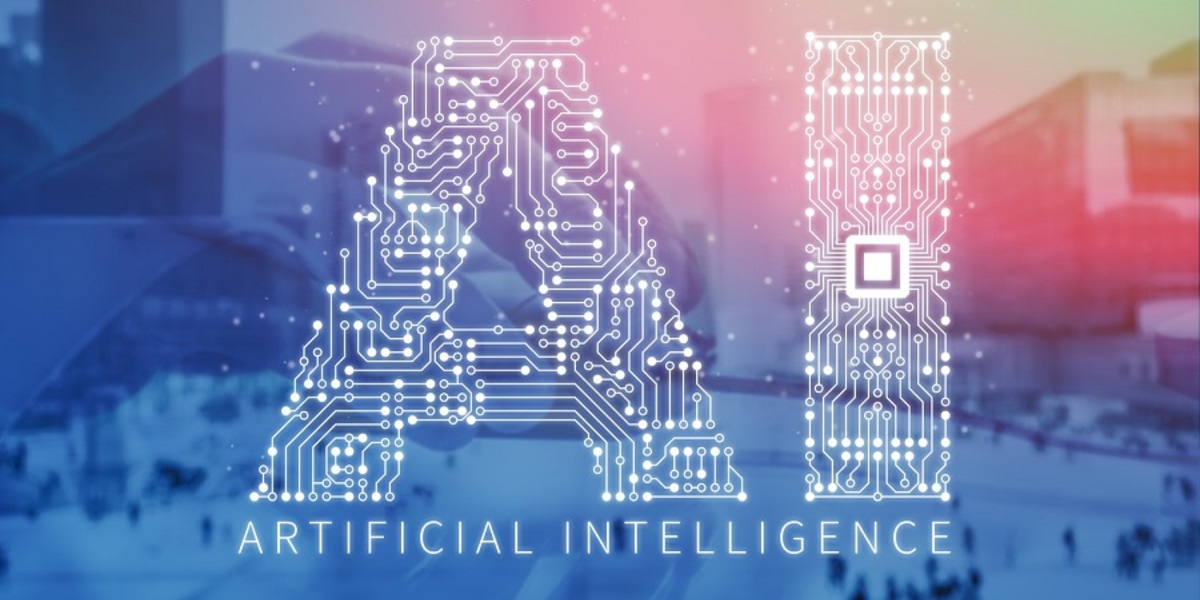
Technologies That Are Changing the Future of Work: Artificial Intelligence
Imagine your workplace ten years from now. Chances are it’ll be very different from today thanks to the rapid technological change that are changing the nature of work, the dynamics of the workforce, and the notion of the workplace.
To stay relevant and competitive, you need to understand the impact of emerging technologies on the future of work. In this five-part series we take a look at some of the most innovative technologies that will fundamentally change the workplace
This first article examines Artificial Intelligence what is it, how will it impact and how can we benefit from it……
What is AI, really?

Once a recurrent theme in science fiction books and movies, the era of automation has well and truly arrived—and it is not just in the form of walking and talking robots.
The rise of Artificial Intelligence (AI) has pervaded industries ranging from healthcare, retail, transport to food and beverage. It’s also a term that gets bandied about online so much lately, a kind of catch-all that could be describing anything from virtual personal assistants, self-driving cars or the latest deep learning algorithm.
But what does it really mean?
In the simplest terms, Artificial Intelligence is an area of computer science that focuses on creating intelligent machines with the ability to work and react like humans. You may be picturing life-like robots that can talk and perform human tasks, but the state of AI today is much more than that.
Now, the question is: should we be afraid of AI?
AI in the Modern World
AI is becoming ubiquitous. Nearly everyone is talking about it. From smart home devices, a voice recognition software that unlocks your phone, and a recruitment tool that decides if you are qualified for a job, chances are, you are already exposed to AI every day.
At a very high level, Artificial Intelligence can be divided into two categories: Narrow AI and Artificial General Intelligence (AGI).
Narrow AI is a term used to describe artificial intelligence systems that are specified to handle singular tasks. It is also the only form of AI that has been achieved by humanity so far. This AI is good at performing single tasks such as playing chess or Go, making purchase suggestions and weather forecasts. EvenGoogle’s translation engine, sophisticated as it is, is a form of narrow Artificial Intelligence.
More examples include:
Siri on Apple devices
Search engines such as Google
Natural language processing applications
Social media feeds curated by AI
More and more, businesses and organizations utilize narrow AI to perform tasks and functions more quickly, efficiently, and accurately than humans can. Through AI languages such as machine learning, data can be analysed and utilized without the need for human interference, making repetitive tasks are now more efficient and accurate than ever before.
Here are some incredible statistics on the impact of AI:
AI is used by 15% of enterprises today
47% of organizations with advanced digital practices have a defined AI strategy
72% of business leaders consider AI a business advantage
77% of consumers use an AI-powered service (while only 33% realize it)
AI can improve productivity by 40%
While narrow AI is becoming increasingly common, Artificial General Intelligence (AGI) is the long-term goal. A common topic in science fiction and future studies, researchers are seeking to create machines that will ultimately possess human-level intelligence. With AGI, machines would really simulate the breadth of the human intellect and perform any tasks that a human could handle, rather than focusing on more specific or narrower types of tasks.
Current AI applications are focused on one task or a grouping of tasks and have a much narrower scope. While we have not achieved AGI yet, many researchers have dedicated their careers to studying the possibilities of Artificial Intelligence.
Is there a job market for artificial intelligence?

With the ever-expanding applications in AI, many professionals fear that their jobs will become obsolete. However, this is far from the truth.
The study and development of artificial intelligence and its applications have created countless new jobs already in the science, engineering, technology, and math fields. While AI is projected to render 1.8 million jobs unnecessary, it is also predicted to create 2.3 million jobs by 2020.
Popular careers in the artificial intelligence job market include:
Machine learning engineer
Data scientist
Research scientist
Research and development engineer
Business intelligence developer
Computer vision engineer
And here’s the good news: If your background or education is not in artificial intelligence or tech, it is still possible to break into the industry and have a successful career.
How? There are countless online courses, degree programs, organizations, and resources to learn about AI. You can also start with an entry level position in AI and receive on-the-job training to further your career.
What is the future of artificial intelligence in Asia?

Artificial intelligence is becoming increasingly popular in Asia. Applications for AI are being used and developed for almost every industry.
However, there is a large discrepancy when it comes to gender. Many women are at risk of losing their jobs because of the new technology, but an incredible opportunity lies ahead for women to change careers and focus on the tech sector.
One study estimated that women make up only 12% of machine learning researchers. While this could be a discouraging statistic, it shows the opportunity for women to fill up roles in the AI industry. As more AI-related job vacancies open across Asia, women have the chance to start an exciting career in this ever-growing field.
Truth is, there has never been a better time for women considering a career change. The AI industry is expanding every day, and job opportunities for women are in abundant supply.
Enjoyed this article let us know your thoughts comment below:
Blogs for you
Half the Sky's mission is to supply the tools that can give every woman the ability to build a successful career and be fully prepared for the future of work. So, that they can lead a healthy, prosperous and more balanced/blended lifestyle of their choosing. By building your confidence, you’re setting foundations to empower yourself and your career. The world is your oyster, and it starts with you.
Enjoyed this article let us know your thoughts in the comments below:
About half the sky
half the sky (HTS) is a career platform for women connecting you to career opportunities at companies that care. Providing you with information, tips and strategies to navigate the rapidly changing workplace.
Sign up to get career tips and job alerts directly to your inbox! Join us to shape the future of women at work together!



